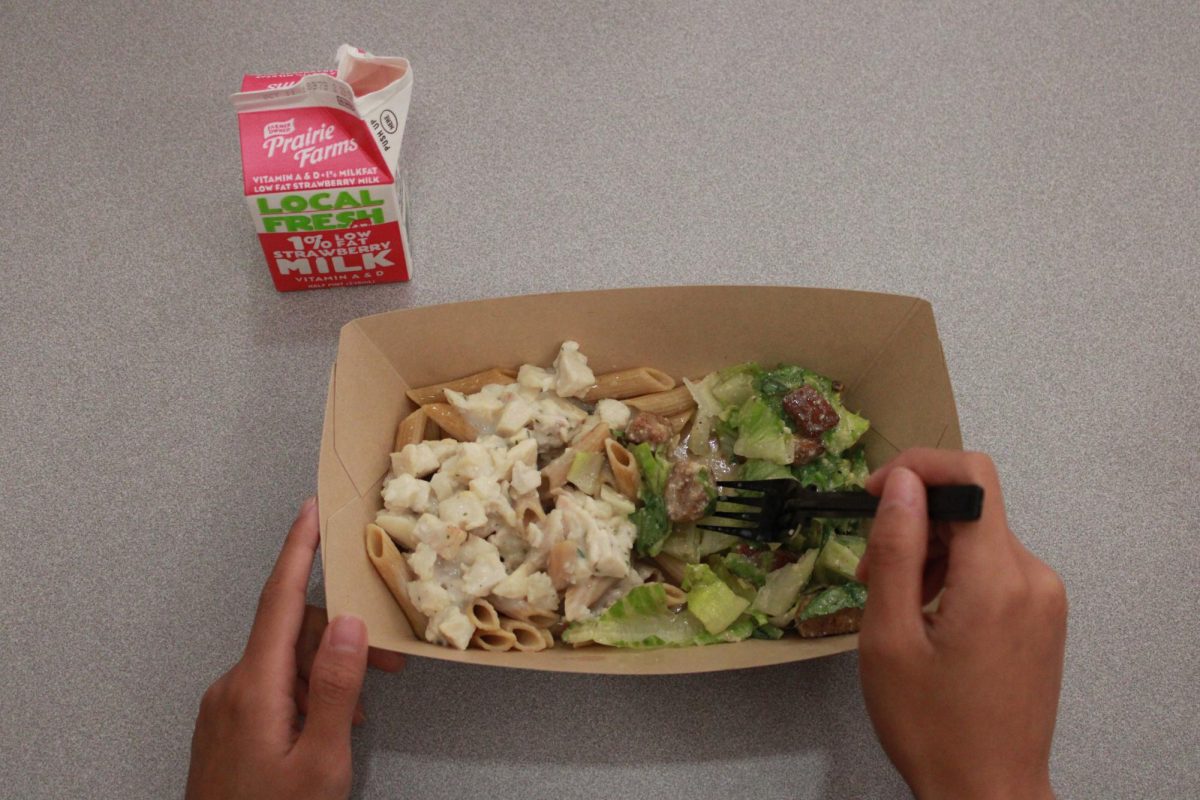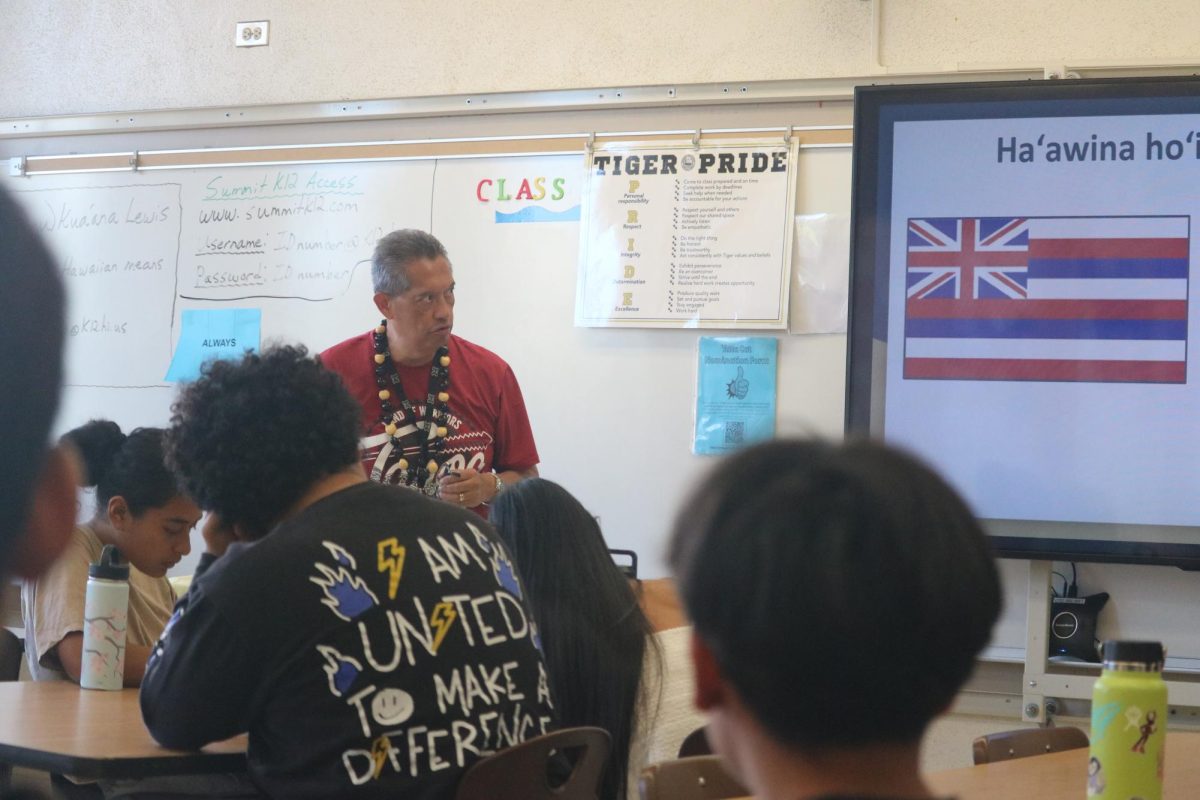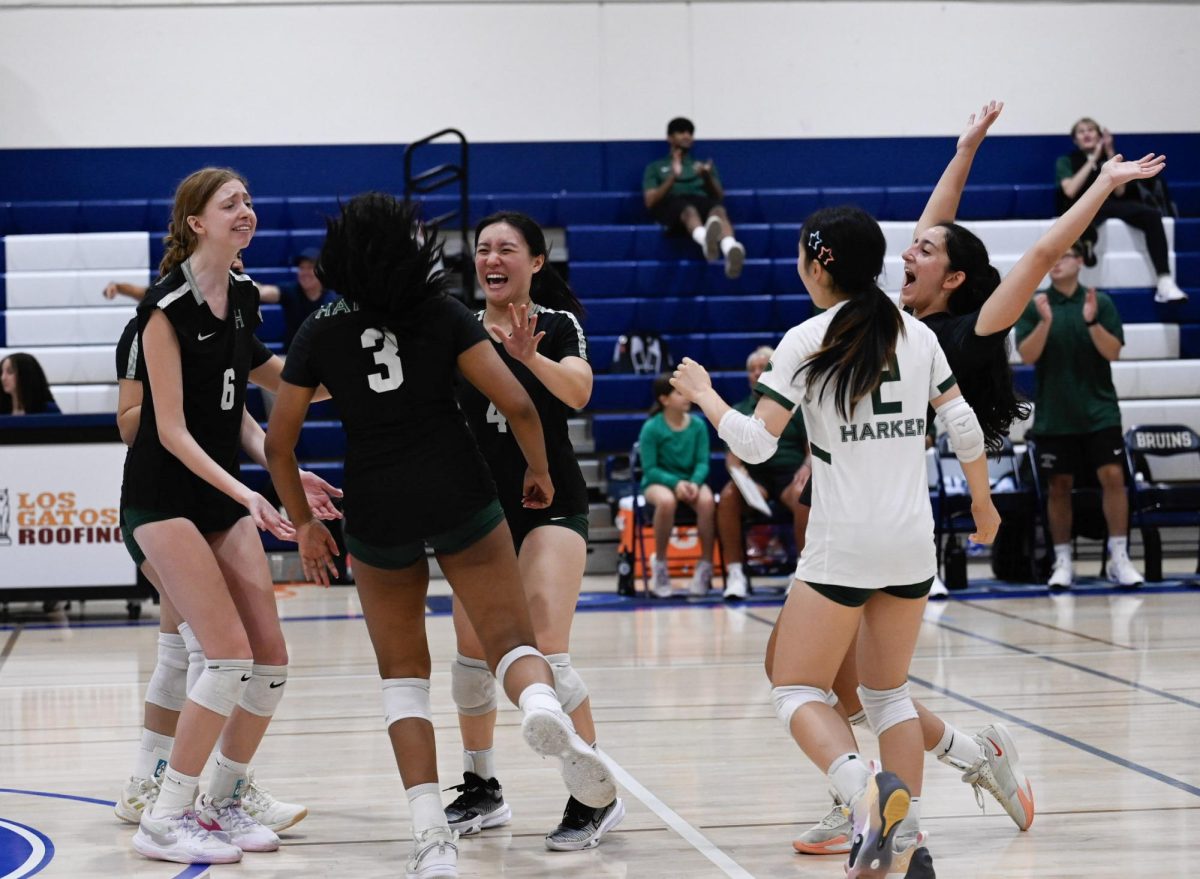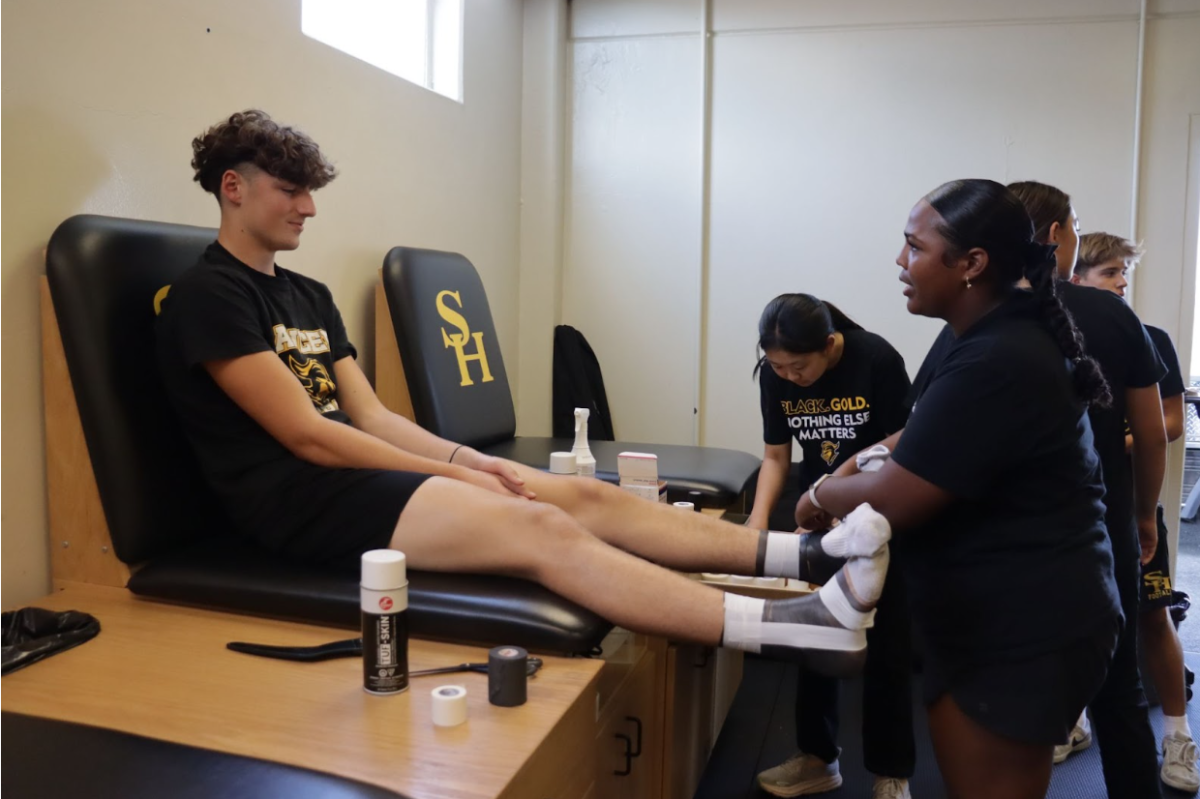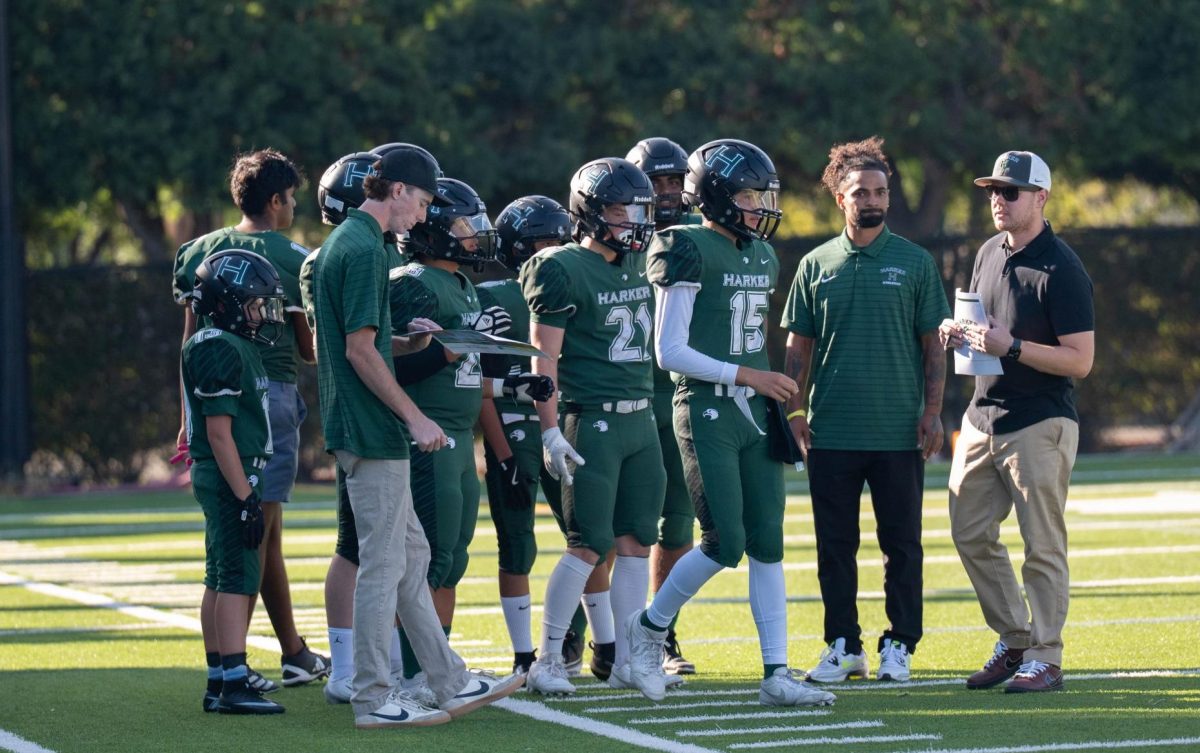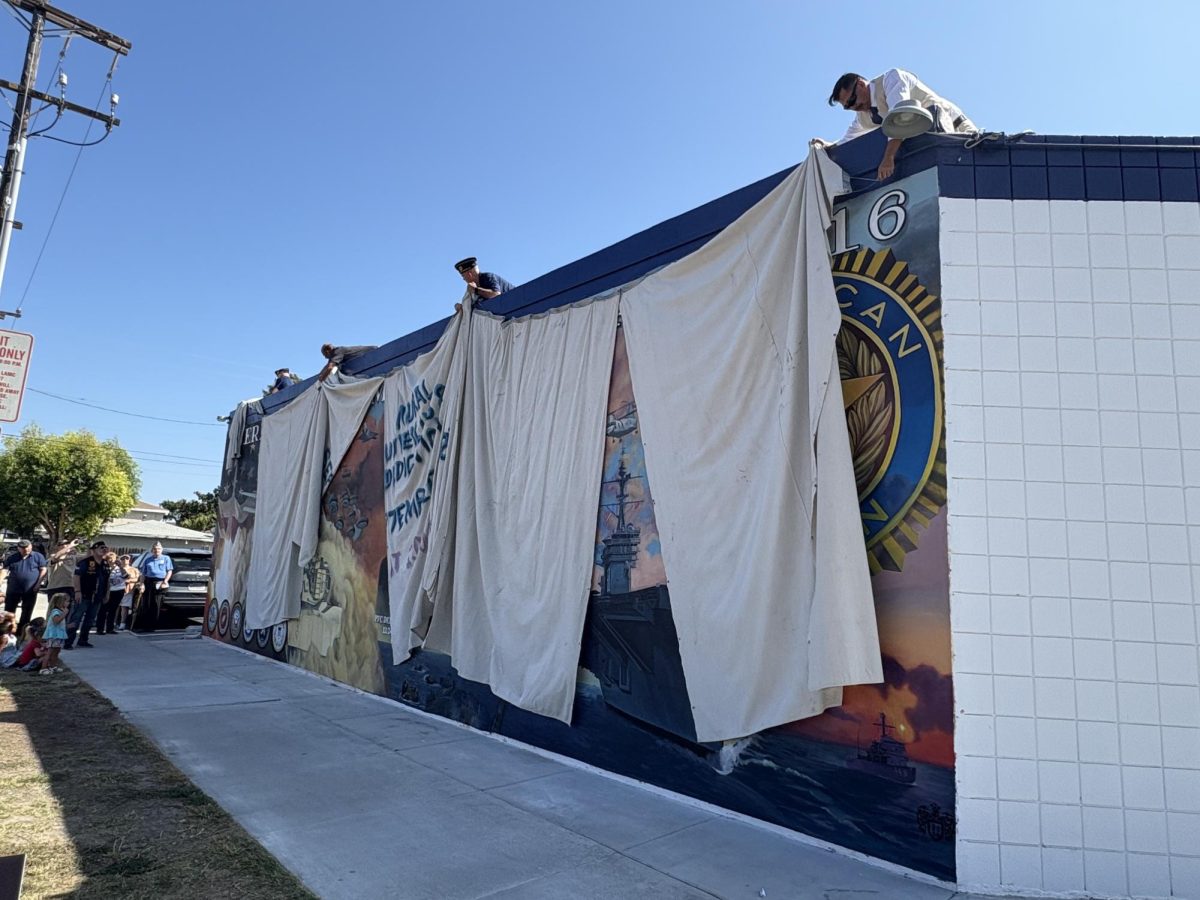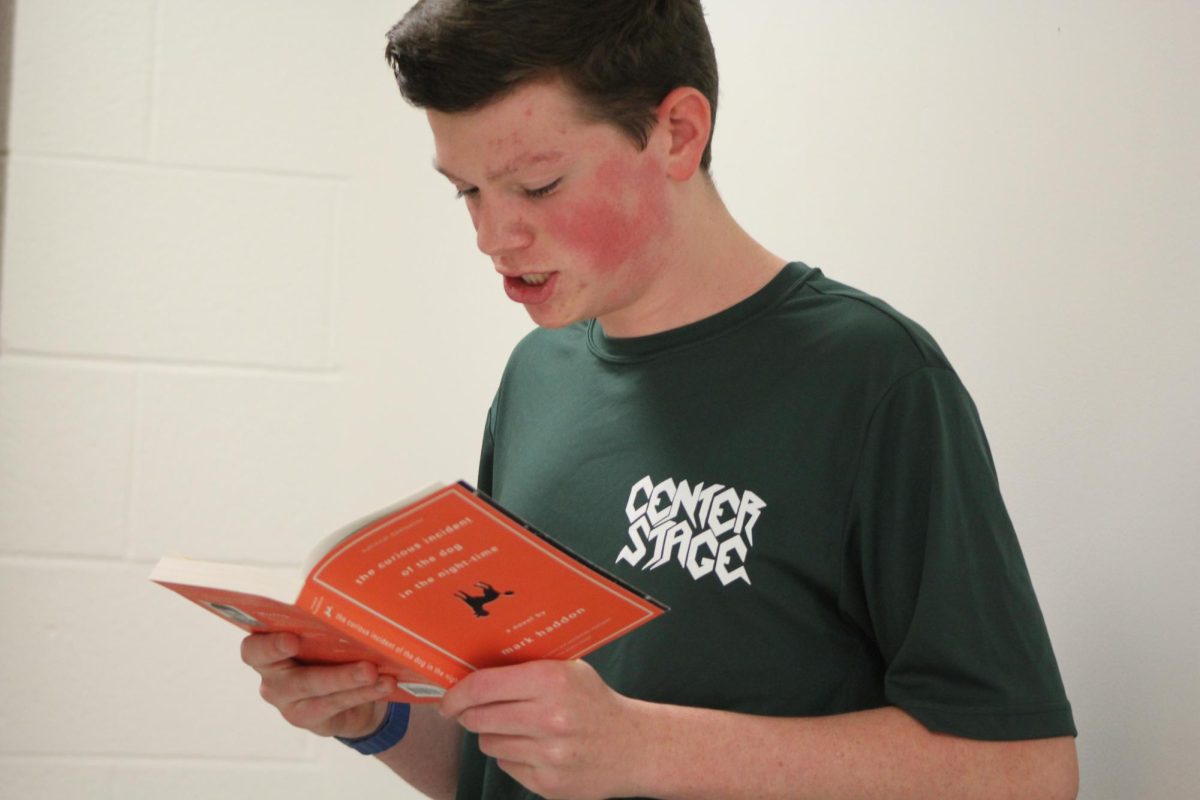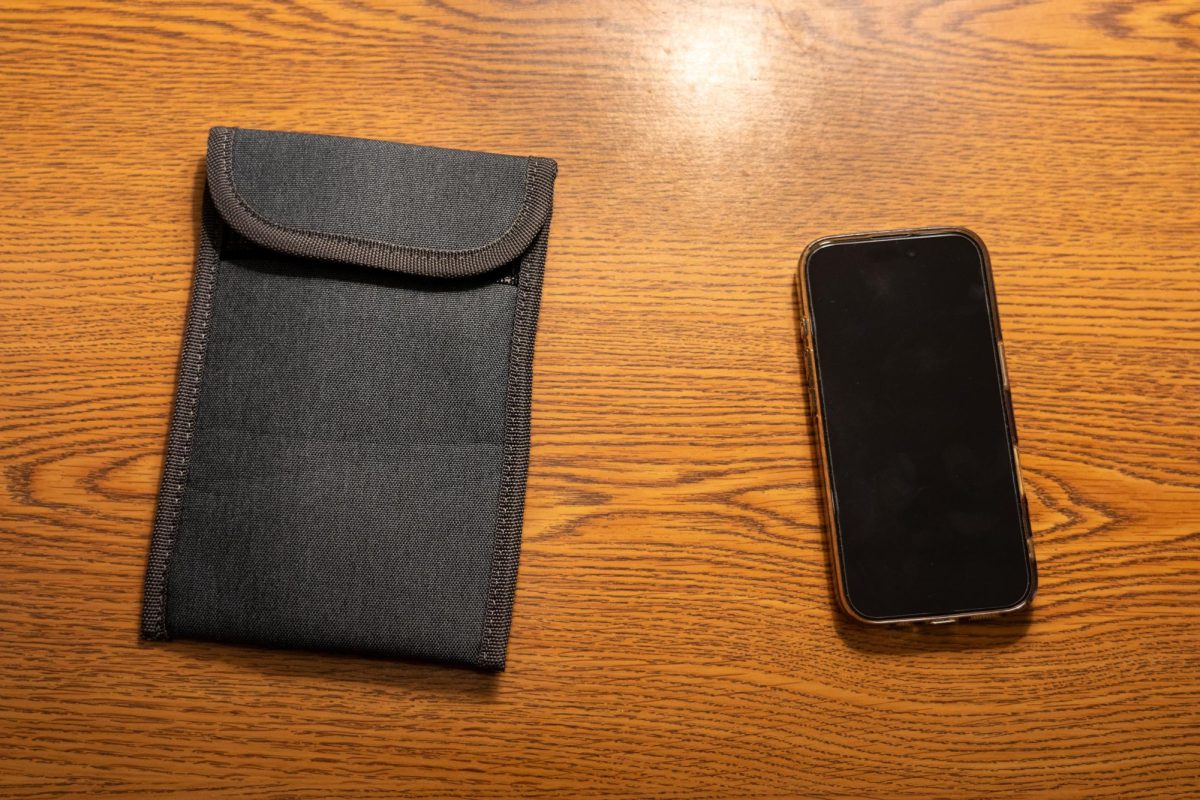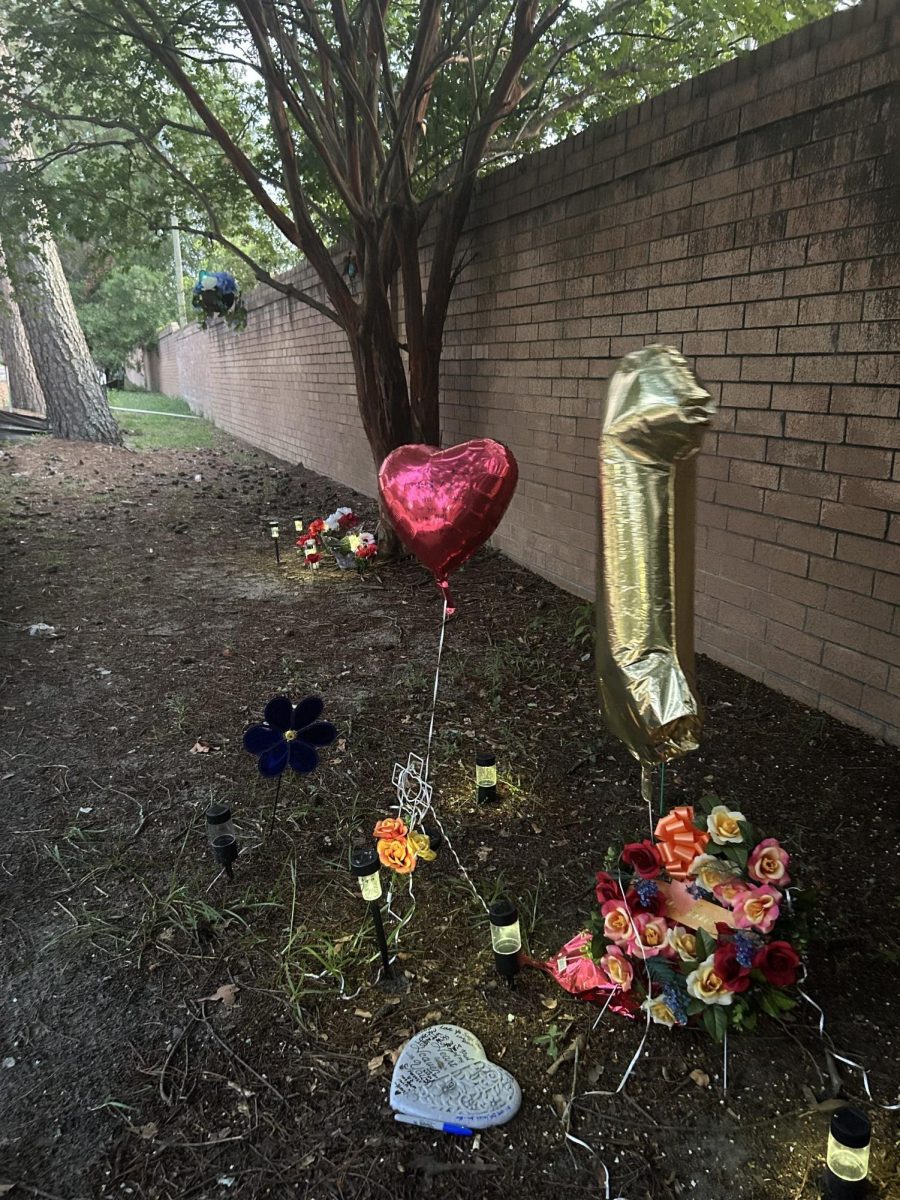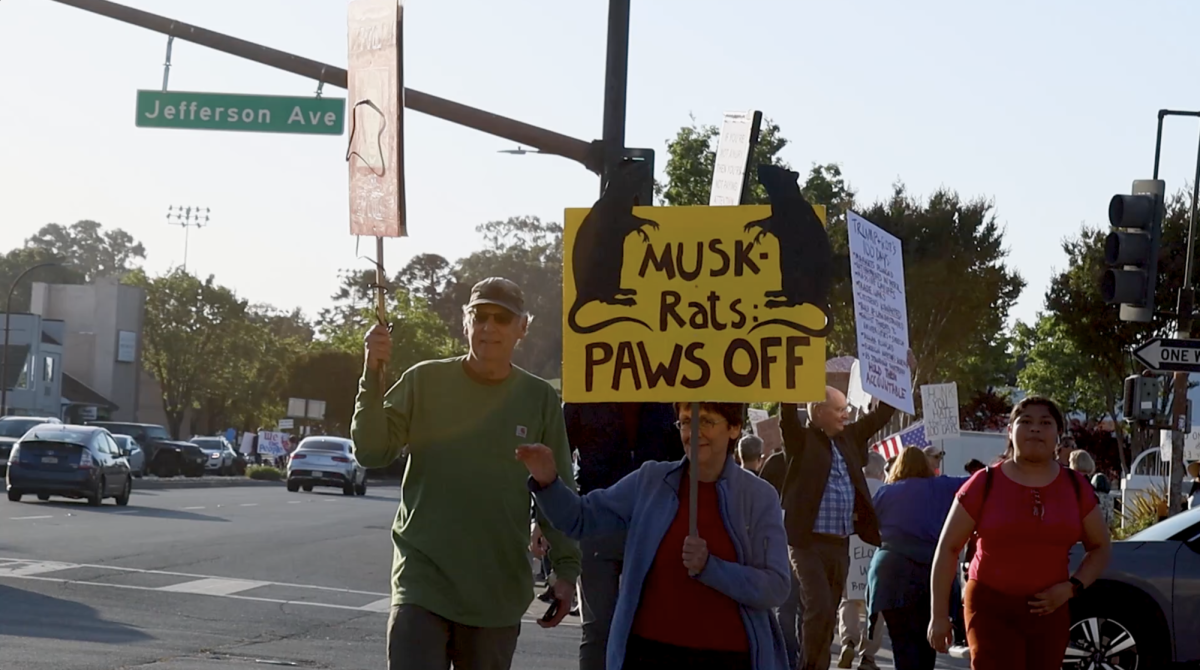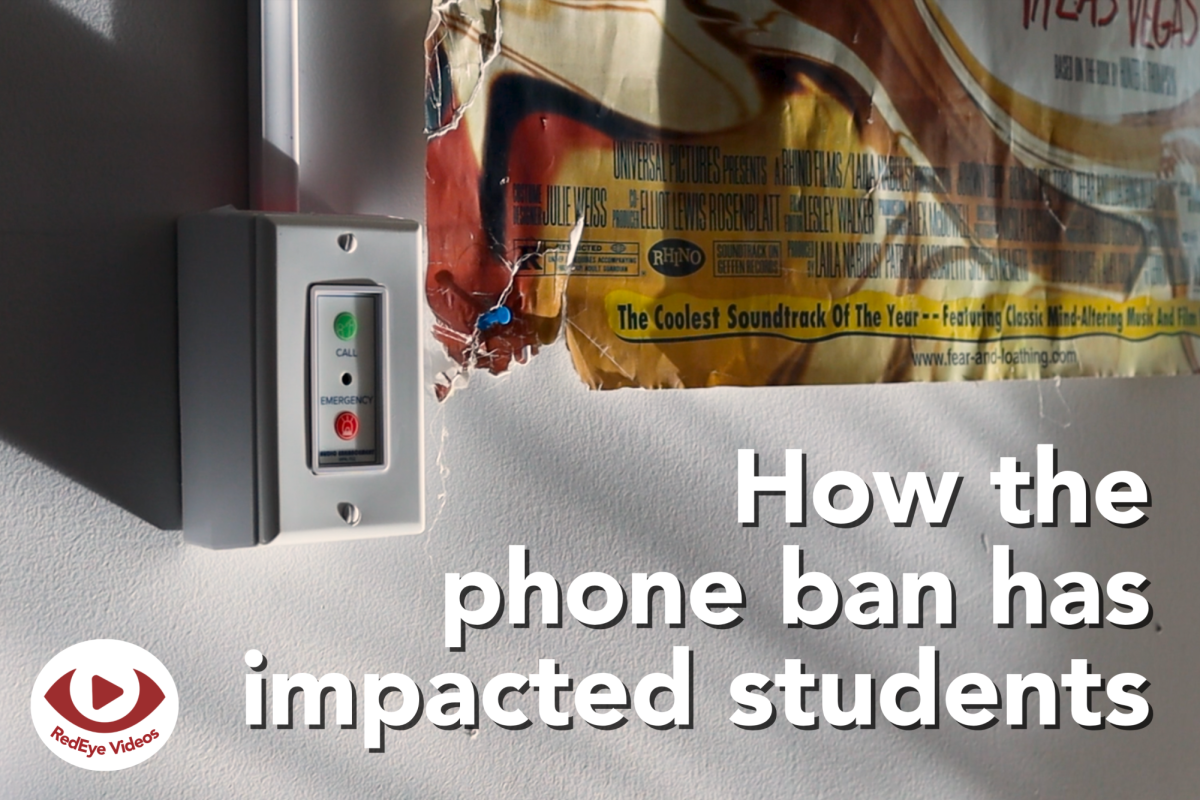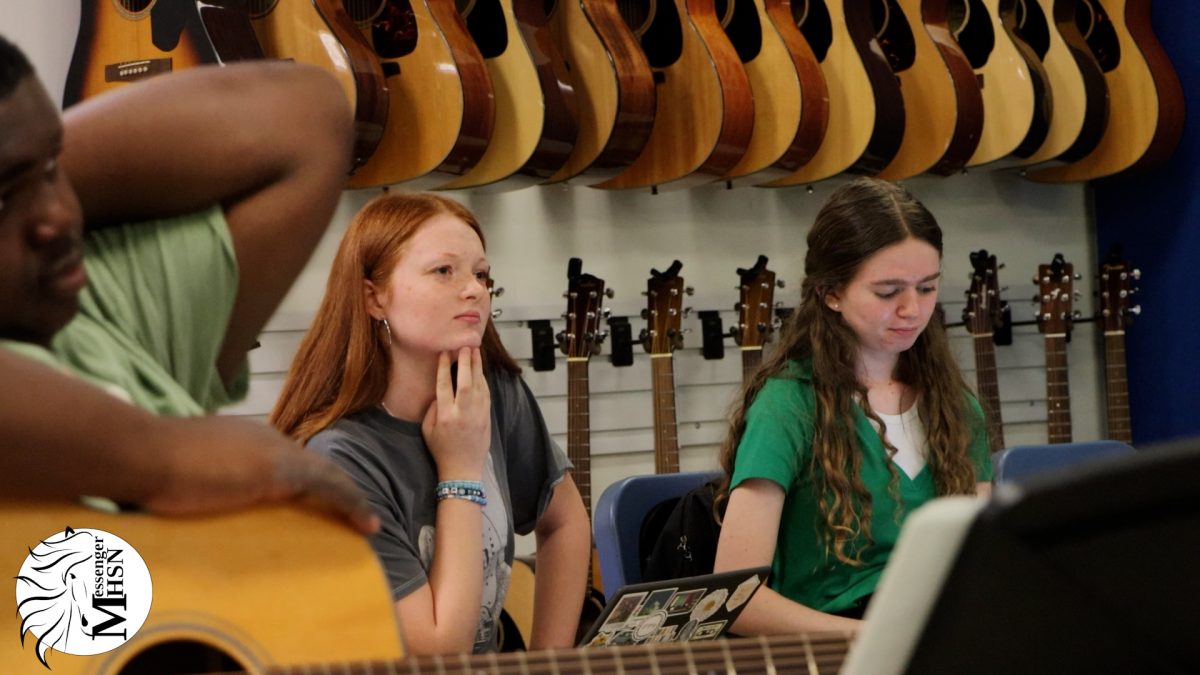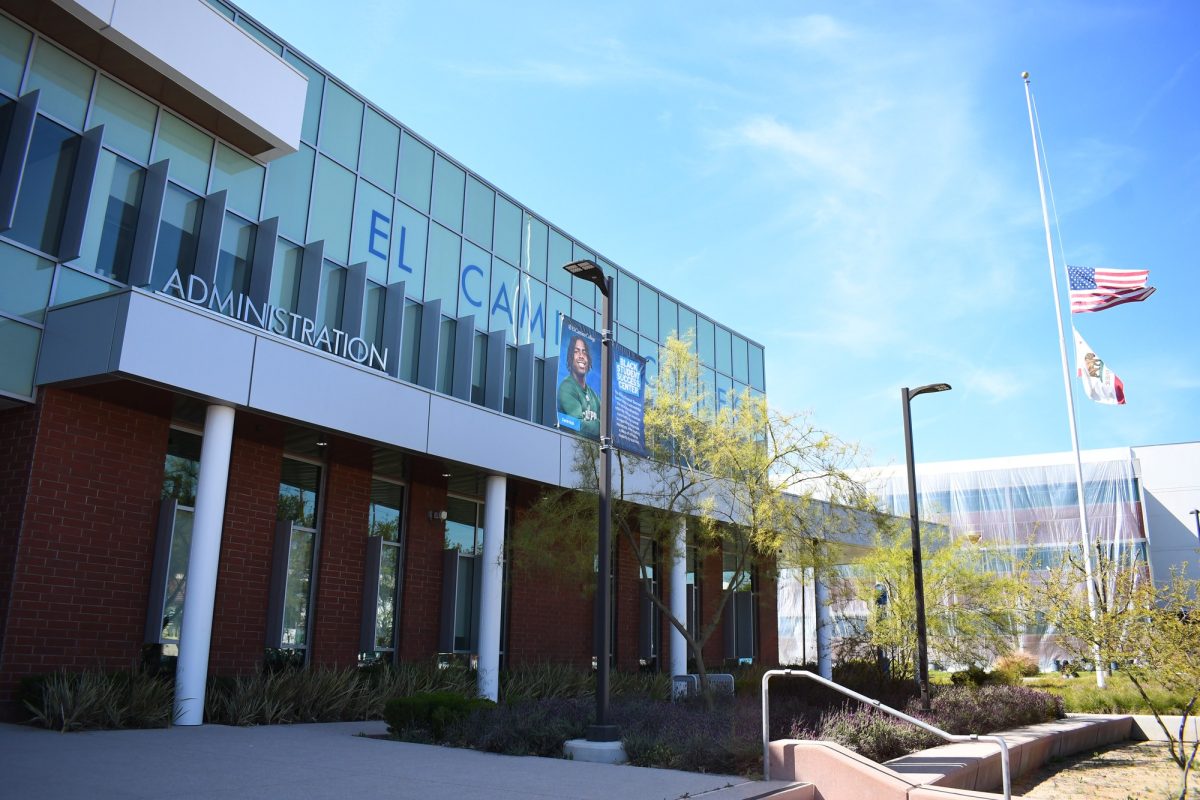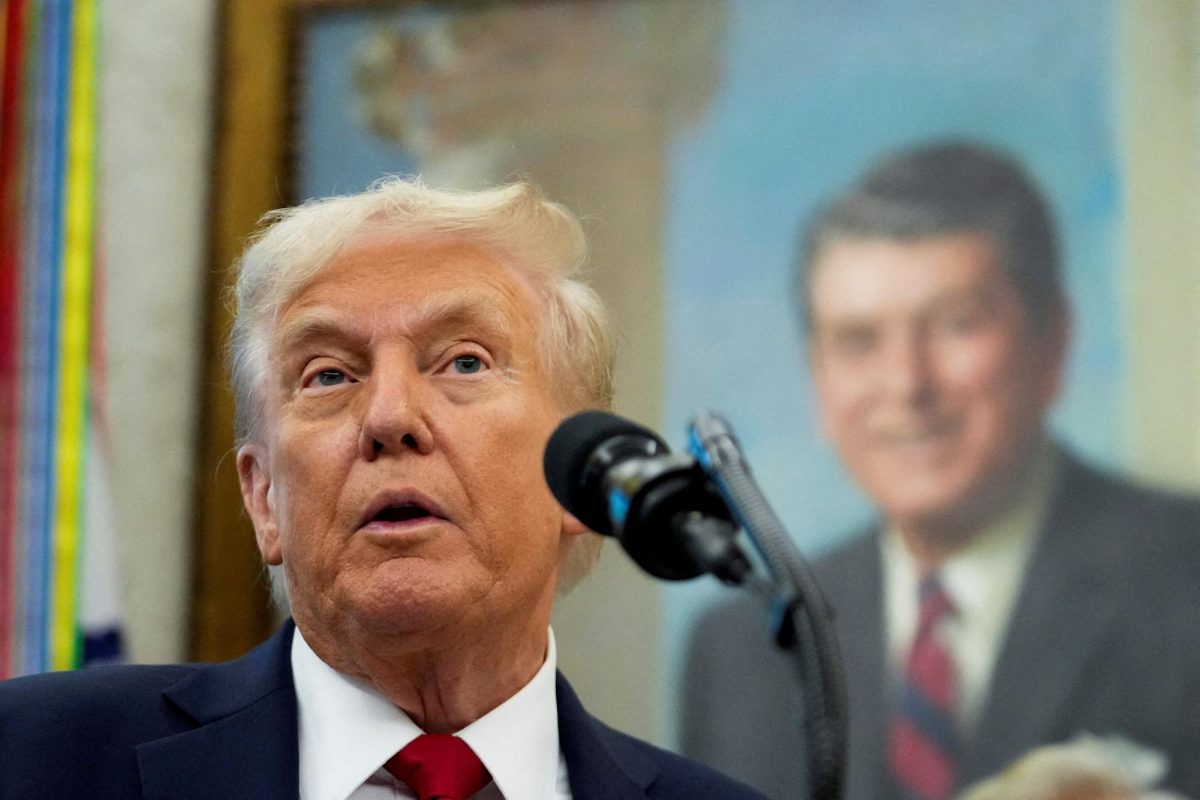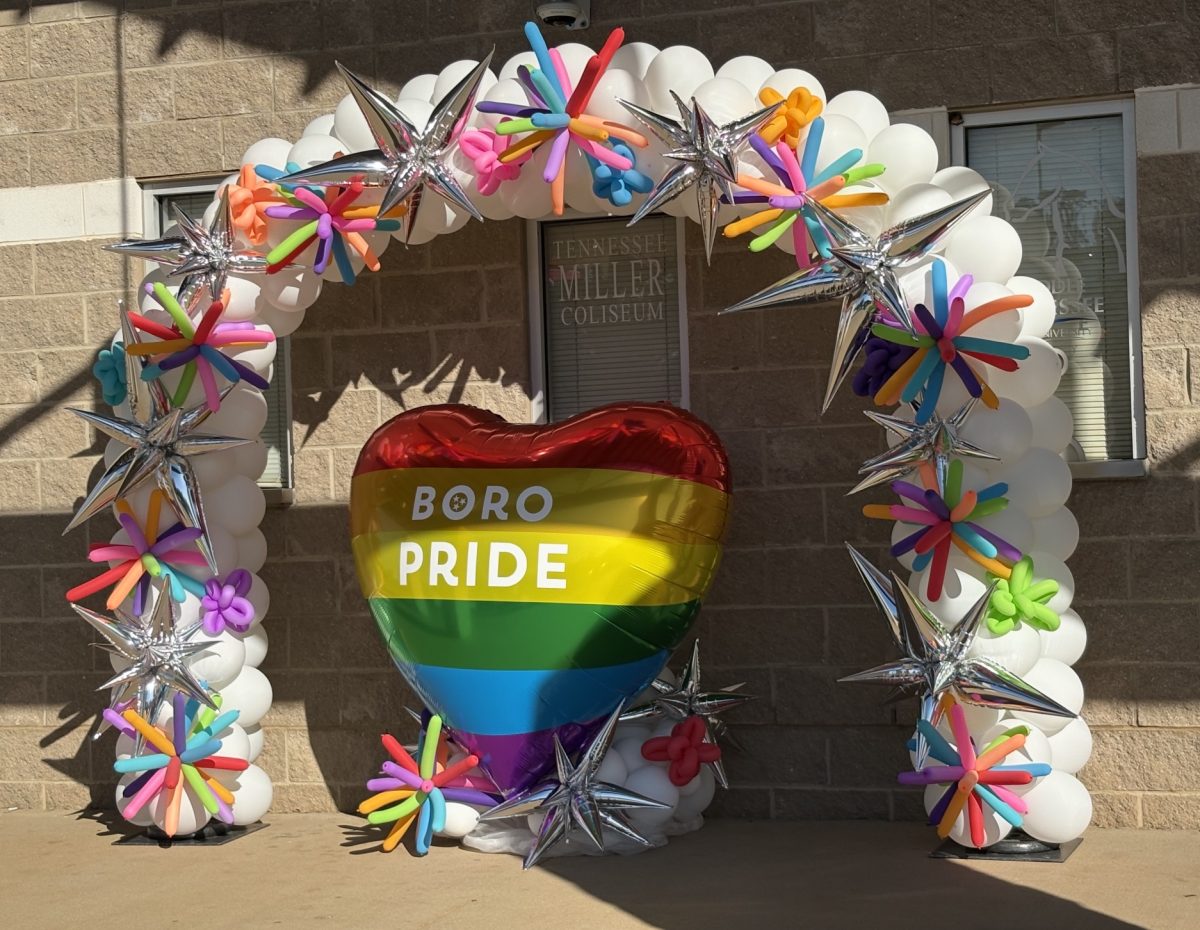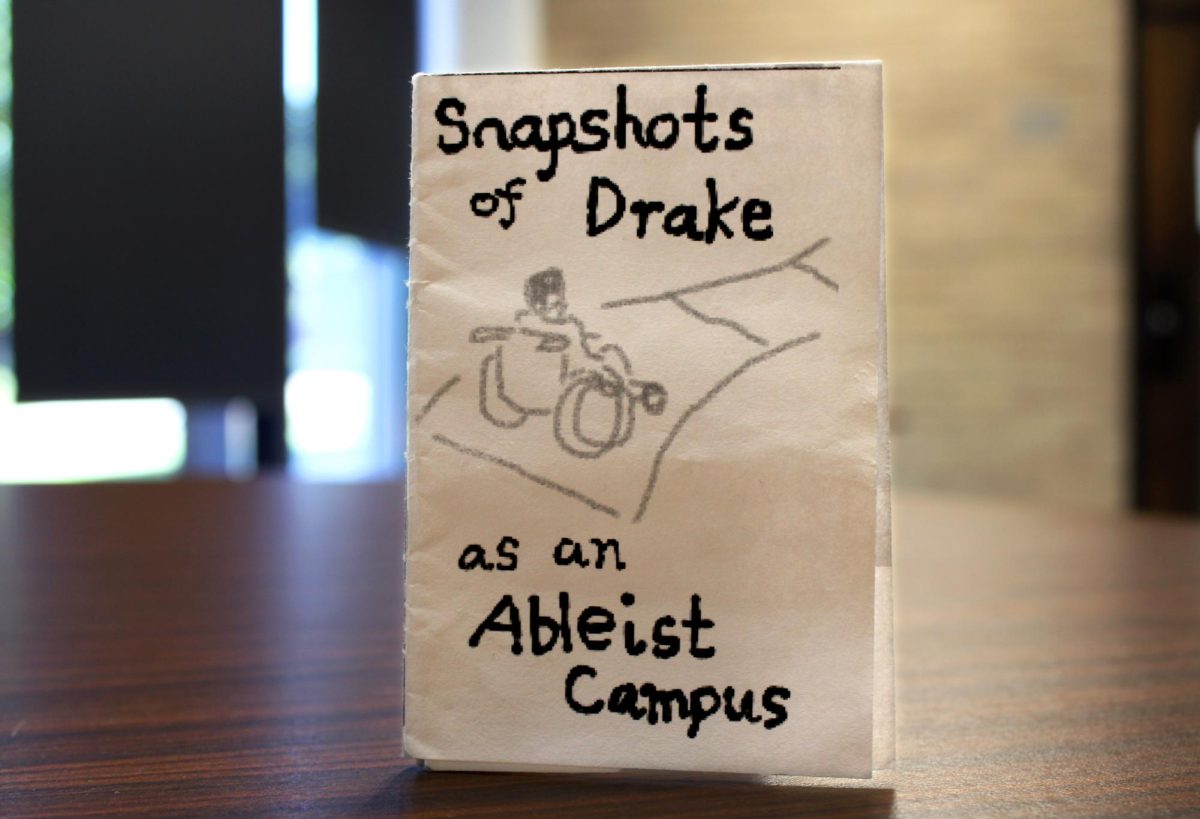Driven across the border with the help of a family friend through a legal port of entry along the United States-Mexico border, an El Camino College student who was 6 months old at the time was able to bypass immigration officials.
His parents weren’t as fortunate.
They had to sneak into the U.S. with the help of “coyotes,” — people who help migrants cross and evade border patrol along the U.S.-Mexico border.
The ECC student, now 20, said during the days following Donald Trump’s second Inauguration, he observed that some businesses were empty and there was less traffic.
“It was the fear that ICE raids were taken more seriously. They’ve always been around, but it was mainly towards criminals,” he said.
He said that during that time, he was terrified as well.
“I did not go out for like a whole week. For a whole week, I was just in my room or in my house. I did not go out no matter what, at the thought of like…ICE knocking on my door,” the ECC student said.
The student’s plan to keep himself safe is to remain under the radar.
“Every migrant, when they come here, is like, ‘OK, we don’t want you to smoke, we don’t want you to do drugs. Please keep a good record,’” he said.
His story is one of many.
At El Camino, hundreds of students are undocumented, according to the California Community Colleges Chancellor’s Office.
While the actual number of students who are undocumented is unknown, according to the Chancellor’s Office DataMart website, 163 students at El Camino have their citizenship status labeled as “other” or “unknown.”
Viviana Unda, the director of Institutional Research and Planning at ECC, said in an email to Warrior Life that the college’s Office of Institutional Research & Planning does not collect any specific information related to a student’s immigration status.
According to the Pew Research Center in 2022, 11 million undocumented migrants were living in the United States.
The Pew Research Center also reported that in the 2024 election, 82% of Trump voters polled ranked immigration as the second most important issue to them, only behind the economy. Trump promised to curtail border crossing throughout his campaign.
When Trump announced his intention to run in the 2016 presidential election, immigration was at the forefront of his campaign, with all three of his presidential campaigns being centered on illegal immigration.
Some of his earliest actions as president during his second term were declaring a national emergency at the U.S.-Mexico border, deploying service members to the southern border to assist the U.S. Border Patrol.
From 2022-2024, Border Patrol encountered more than 2 million migrants attempting to cross in each of those years, according to the U.S. Customs and Border Protection website.

Jaime Ruiz, a public affairs specialist at the agency said that migrant encounters are at historically low levels.
Victor Narro, the Project Director for the UCLA Labor Center and Core Faculty for the UCLA Department of Labor Studies, said both Republicans and Democrats haven’t been the greatest regarding immigration, with both President Joe Biden and Trump deporting millions of people during their terms.
Narro said the main difference between the previous presidents is that the administration under Trump has been more punitive.
He added that both Obama and Biden tried to pass immigration reform bills through Congress but didn’t have enough votes.
“You have a president today who doesn’t believe in the laws, doesn’t follow the laws when it relates to immigration,” Narro said.
The ECC student knew someone who was deported under Biden in October 2024 and still keeps in contact with that person.
“They originally lived here for a good while, but financially, it wasn’t the best for them, so they decided to go back to Mexico and he did a sacrifice of trying to come back to LA to provide for his family and as he made it, ICE deported him back,” he said.
His friend was held in detention for roughly two months.
“From what he told me was, the room could be cold, and you’re given a really thin blanket and you’re not really treated as well,” he said.
Back at El Camino, Josefina Cruz Molina, the coordinator of the Immigrant Student Success Center, said students have shared their concerns with her about Trump’s presidency.
“People are afraid, they are panicking, they’re afraid for the future,” she said. “They’re concerned about having to come to school and see ICE around.”
The Immigrant Student Success Center helps students with counseling, financial aid assistance and free legal services through CHIRLA.
Mariella Solano, 25, is a CHIRLA representative who works in the Student Legal Services Department at her organization.
Solano assists El Camino students, staff and faculty with free legal immigration aid, that includes DACA renewals and naturalization. Appointments are made on FindYourAlly and can be done in-person or online.
Solano said that since the second Trump administration, her organization as a whole has seen a lot of demand for its services.
“Everyone wants to know if there’s anything else that they are eligible for, if they’re already a legal permanent resident, they might want to make that jump to become a citizen,” Solano said.
The Immigrant Student Success Center used to host events such as Immigrant Family Night, but had to scale back on hosting some events.
“We don’t want to scare people, inviting them, putting out the label right out there. It’s scary, people are not gonna want to join that,” Molina said.
Before coming to ECC, Molina worked at a non-profit called Centro Cha located in Long Beach. The organization provides free immigration legal services.
She arrived in the United States in 2008 from El Salvador at 14 years old with her family as green card holders.
Molina’s desire to help immigrants comes from her own experience. She sees herself and her family in the people she helps, Molina said.

The ECC student said the reason why his parents came to the U.S. was that they wanted to give him a better future.
“In Mexico, there aren’t many opportunities, especially from most parts, there are gangs, as everyone knows and because of violence in general,” he said.
The ECC student said he entered the country using someone else’s identity.
“My family knew someone over here (the U.S.) who had a newborn who was born the same day as me and they were a girl…when you’re a newborn, you don’t have much details to go off of…the guy decided to bring his daughter’s passport, his newborn baby, go to Mexico and essentially take me in as ‘quote un quote his daughter,’” he said.
The student has lived in the U.S. for 20 years. He considers himself both Mexican and American.
Where his parents are from, kids have to work at an early age to support their families, he said.
The student, born in Mexico, said he has felt different because of his immigration status when applying for work.
The student felt unsupported when seeking help with financial aid. He said that when he sought help, the workers assumed he was a FAFSA student.
“They didn’t give me a chance to speak and I said, ‘I’m not a FAFSA, I’m a DREAM Act student.’ They were like…’Oh well, we didn’t know.’ And I was like, ‘Well, you never asked,’” he said.
The California Dream Act allows undocumented immigrants who came to the U.S. as minors to receive state financial aid as long as they meet the requirements.
The requirements for the California Dream Act include attending high school for three or more years, a high school diploma/ equivalent degree, or soon to graduate from high school.
Moreover, applicants must be enrolled in a California college or university or will register for one, have completed an affidavit to legalize immigration and does not currently hold a temporary or permanent visa.
Transfer counselor Jaime Gallegos, 38, has been the adviser of the UndocuWarriors club for two years. He said he became the adviser because he has always worked with undocumented students throughout his time in higher education.
Gallegos said during Trump’s first term as president, he, along with fellow counselors Rene Lozano and Cynthia Mosqueda, began hosting “know-your-rights” campaigns for students before there was a center offering these resources at El Camino.
During Trump’s first term, the red cards that provide legal advice were being distributed to students.
Initiatives were led by student action, Gallegos said.
“The fact that we have a new space for undocumented students, right in the Communications Building, is because of student advocacy,” he said.
Before programs and spaces catering towards undocumented students existed, students sought and reached out to faculty members for reliable information about financial aid and their rights.
Since Trump’s reelection, a difficulty that has come up is meeting in a physical space, Gallegos said.
He said there are laws in place that protect all students regardless of their immigration status.
FERPA (Family Educational Rights and Privacy Act) and California Senate Bill 54 prevent educational facilities from sharing private student information with law enforcement agencies.
Narro said FERPA protects undocumented students by not allowing the federal government to obtain information on which students qualify for AB 540, a California law that allows certain nonresident students to pay in-state tuition at public colleges and universities.
Molina said that compliance with ICE agents is not required of college employees. They are to direct the officials to the Vice President of Student Services, Jeff Stephenson or campus police.
If the vice president isn’t present while ICE agents are on campus, the college has lawyers who will review the documents from ICE officials, Molina said.
Gallegos said the only way ICE can obtain student information is through a court order. Oftentimes, ICE doesn’t have court orders, he said.

Narro said ICE officials do not have permission to enter private spaces such as classrooms and offices unless they have a judicial warrant.
Gallegos said ICE tactics involve showing up at places and creating a sense of fear, in hopes that people out themselves.
He said the college could improve on getting the word out on the legal protections for students.
“If you’re in a classroom, ICE can’t come in…so there’s protected spaces on our campus. But I think we need to do a better job of you know, highlighting that,” he said.
Gallegos said that while federal immigration officials have not visited the college campus, but if they were to ever step foot there are procedures in place to protect students.
Despite colleges being a safe space for students, that hasn’t stopped some federal immigration officials from setting foot on campus.
As reported by the Guardian, back in March, ICE agents arrived at Columbia University’s New York campus to arrest Ranjani Srinivasan, a student at the university, but were unable to enter her dorm room because they did not have a judicial warrant.
Narro specified that administrative warrants and judicial warrants are different. He said you do not have to honor administrative warrants, which he said are signed by ICE supervisors and not judges.

Gallegos said the El Camino College Police Department can ease student concerns by releasing a public statement saying that they will not comply with ICE orders.
ECCPD Chief of Police Matthew Vander Horck, who prior to becoming the chief of police, spent 35 years in law enforcement, said in a phone call that the El Camino Police Department does not enforce federal immigration law.
“We don’t work with ICE, they’re a federal law enforcement agency. So we don’t have any joint agreements with them,” Vander Horck said.
Vander Horck said the ECCPD area of responsibility includes the college campus, remote college campuses in Hawthorne and Inglewood and the nearby surrounding areas.
There are some cases in which law enforcement can enter private areas.
“The exception to that ruling is if they have a valid judicial warrant or exigent circumstance,” Vander Horck said.
Narro said by invoking the Alien Enemies Act, Trump has sought to dismiss Fourth Amendment protections from unreasonable searches and seizures by the government.
Trump invoked the Alien Enemies Act on March 15, claiming Tren de Aragua, a criminal organization in Venezuela. According to the presidential action signed by Trump, Tren de Aragua is conducting irregular warfare and undertaking hostile actions against the United States.
On the same day, the Trump administration began deporting Venezuelan migrants to El Salvador. According to the UN, 245 Venezuelans and 30 Salvadorans were deported to CECOT, a prison in El Salvador.
Narro described the Trump administration as authoritarian.
“They don’t care about due process, they don’t care about the Constitution…they don’t care about the balance of power,’’ Narro said.
He added that the administration has argued that they have broad jurisdiction to target immigrants because they claim they are going after criminals and are at war.
Narro claimed that the Trump administration has been violating the Constitution by denying people their due process rights.
“Judges have upheld that you have due process rights if you are in this country regardless of your immigration status,” Narro said.
He said the biggest danger the U.S. faces his a president who doesn’t respect the rule of law.
“The biggest danger that we have today, that we haven’t seen before, is a president who chooses intentionally to violate the constitution, violate due process, ignore judicial court orders…he does what he wants to do,” Narro said.
Editor’s note:
- The headline was modified at 4:42 p.m. on May 20, 2025.
This story was originally published on El Camino College Union on May 19, 2025.





